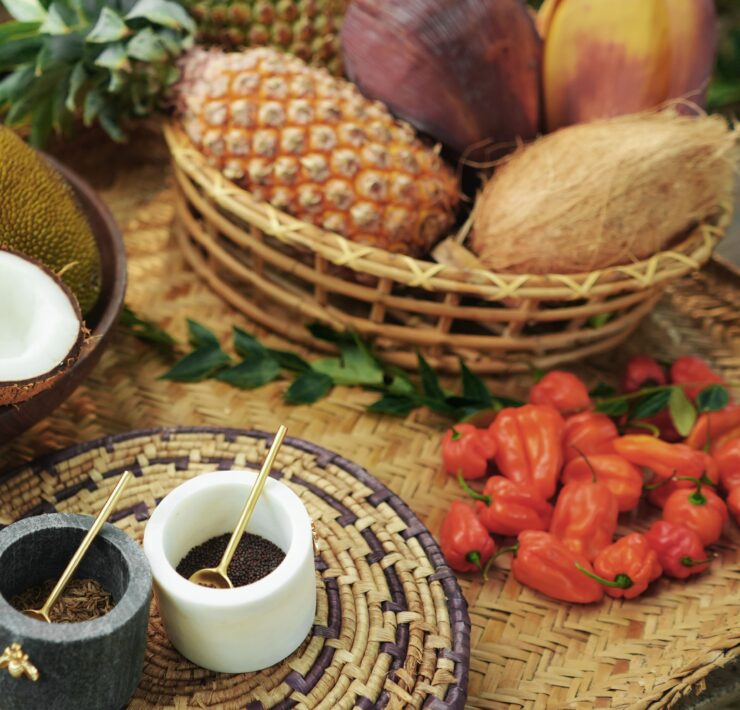Plant-Powered Lattes: Why are Indonesians So Obsessed with Vegan Coffee?
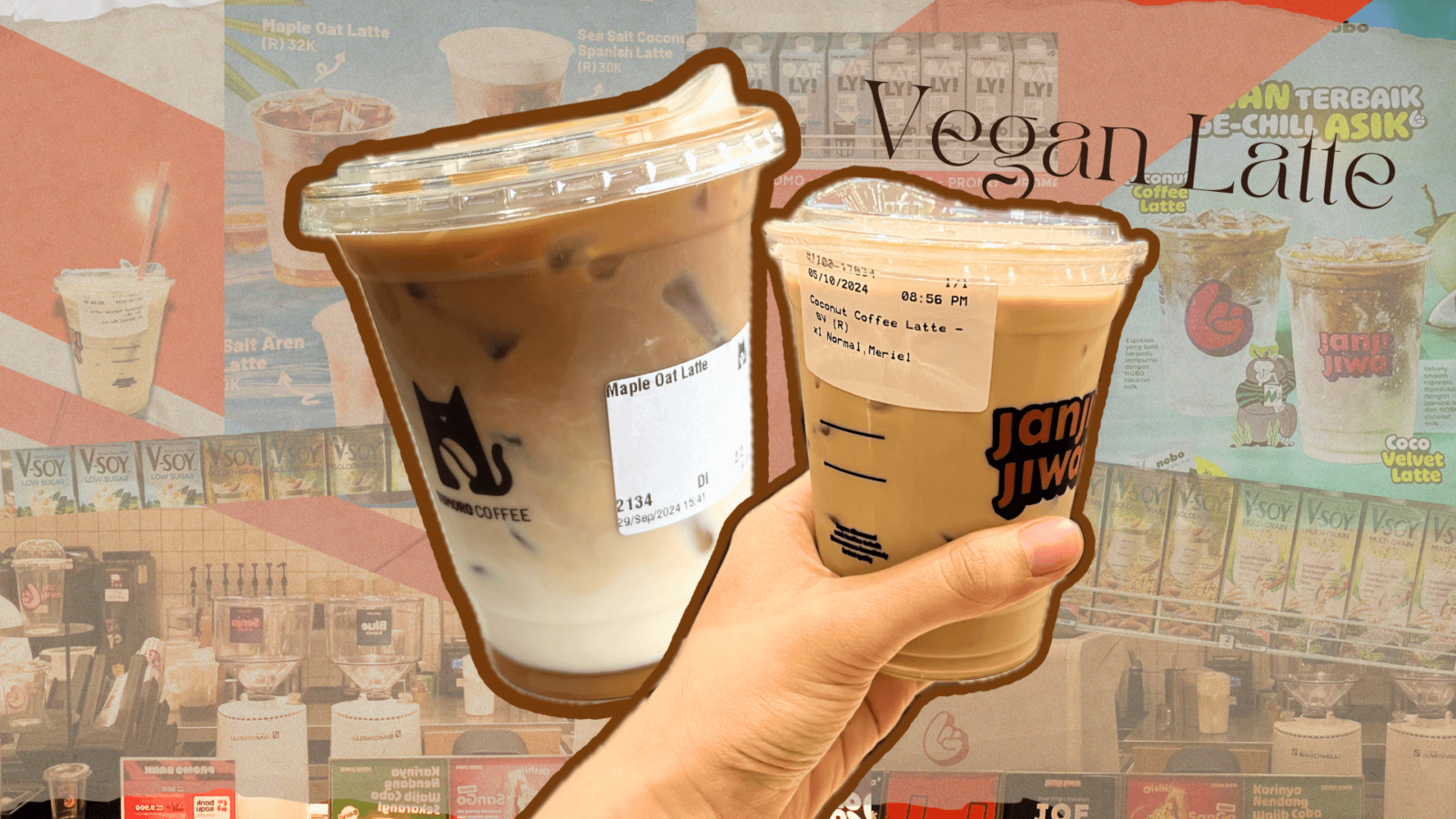
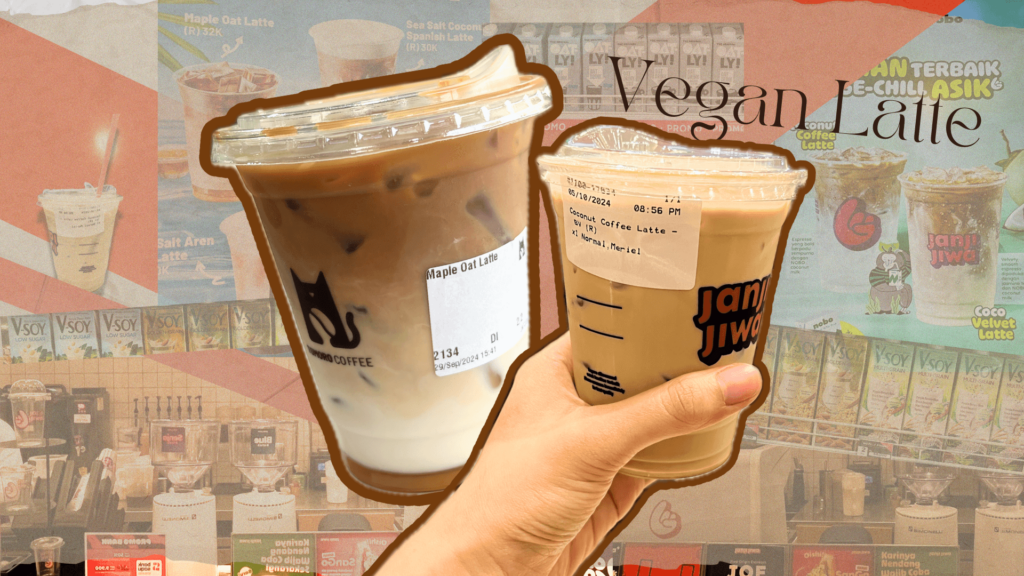
In a country where lattes fuel the beating heart of its people, it’s about time they include a healthier alternative. Indonesia is a nation where coffee isn’t just a drink, it’s a ritual, and sweet teas are more than refreshments—they’re a way of life. From the bustling street vendors to serene mountain cafes, the love for cold brews and sugary sips runs deep, fueling a culture where every cup tells an exciting story…. but, where does vegan coffee fit into all this?
What drives Indo’s Coffee Culture to try Plant-based?
Well first, plant-based alternatives offer unique flavors and textures, adding a new dimension to the coffee-drinking experience. Additionally, the country’s urban middle class embraces healthier lifestyles and makes more conscious choices. The increasing global awareness of the environmental impact of dairy farming has led many consumers to opt for plant-based alternatives as a way to reduce their carbon footprint and support animal welfare.
The multiple collaborations between Janji Jiwa, the largest coffee chain in Indonesia (Statista, 2023) and Oatside, a Singaporean oat milk brand with a factory in Indonesia back in 2022 stirred up success, opening gates for other coffee chains & brands to follow suit (Tomoro coffee, nobo, Oatly, etc). As a ‘fullstack’ brand, Oatside’s impressive marketing strategy (celebrity/ influencer’s campaign) and partnerships (with local coffee shops in SG & ID) have earned them a committed consumer base. One would call them an overlap of young millennials & Gen-Z that were drawn by its whimsically-smart packaging with regular plant-based milk drinkers who find interest in finding dairy alternatives or people who are just FOMO on the latest coffee trends.
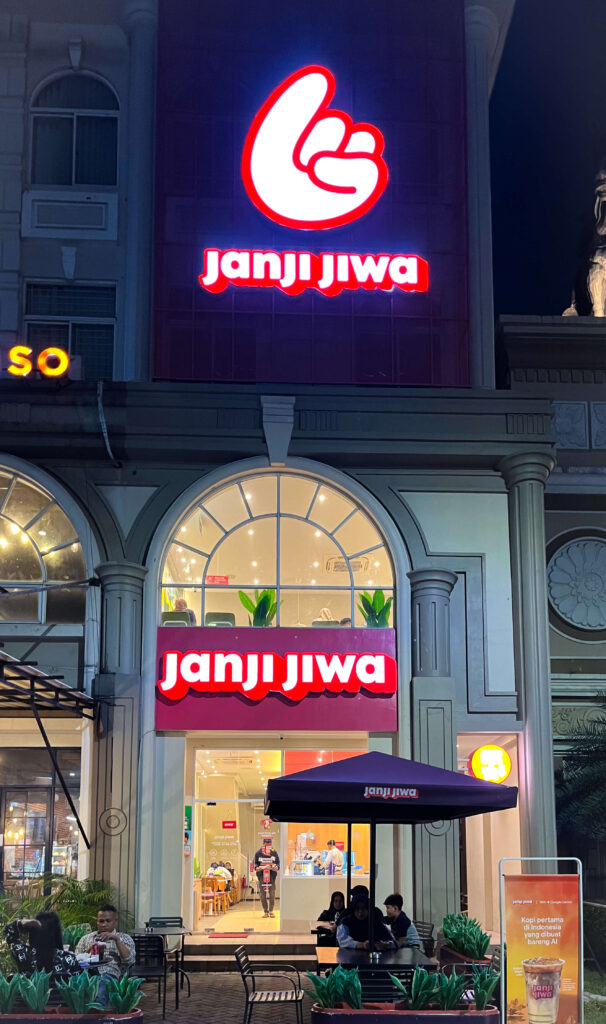
This burgeoning trend is not just a passing fad but a reflection of a growing consciousness about health, sustainability, and ethical consumption.
Benefits of Going Vegan Coffee
There’s more to plant-based coffee than just ditching dairy. Let’s delve into a few of the key reasons:
- Easier on Digestion
Many people find plant-based milk easier to digest than cow’s milk. Almond, soy, and oat milk are lactose-free, which means you can avoid the digestive discomfort with lactose intolerance that often accompanies dairy-based coffee drinks. - Lower in Calories
If you’re watching your waistline, almond milk is a great low-calorie alternative to traditional milk. Healthline highlights that a serving of unsweetened almond milk contains only about 30-60 calories, compared to the 150 calories in a glass of whole milk. - Nutrient-Rich
Plant-based milks are often fortified with essential vitamins and minerals. Almond milk, for example, is naturally rich in Vitamin E, a powerful antioxidant that can benefit your skin, heart, and immune system. - Environmentally Friendly
The environmental impact of dairy farming is significant—dairy production requires more water, land, and resources compared to plant-based alternatives. Oxford University research has demonstrated that producing a glass of dairy milk generates nearly 3 times the greenhouse gas emissions of any non-dairy milk. Therefore; Vegan Coffee = More Sustainable Choice
Almond Milk and Acne: Clearing Skin, One cup at a time
Sick of breakouts? Consider swapping your cow’s milk for almond. It’s more than just a tasty addition to your morning latte; it’s a skin-friendly choice that can help soothe and protect your complexion. Almond milk is packed with Vitamin E, a powerful antioxidant that helps combat free radicals and promotes healthy skin cell turnover. This can lead to a smoother, more radiant complexion.
But that’s not all, almond milk has anti-inflammatory properties (nonexistent in cow’s milk BTW). Dairy hormones found in cow’s milk can stimulate oil production and clog pores, while almond milk can help reduce redness and swelling associated with acne. By incorporating almond milk into your diet, you may notice a decrease in the frequency and severity of breakouts.
While almond milk alone won’t solve all skin problems, it can be a valuable addition to a healthy skincare routine.
Next?
Is it cliche to say it’s only the beginning? For real though, considering the demand for plant-based alternatives continues to grow globally, it is expected to flourish in Indonesia. A report by ResearchAndMarkets projects the global plant-based beverages market to reach $42.3 billion by 2028, with Asia-Pacific being one of the fastest-growing regions.
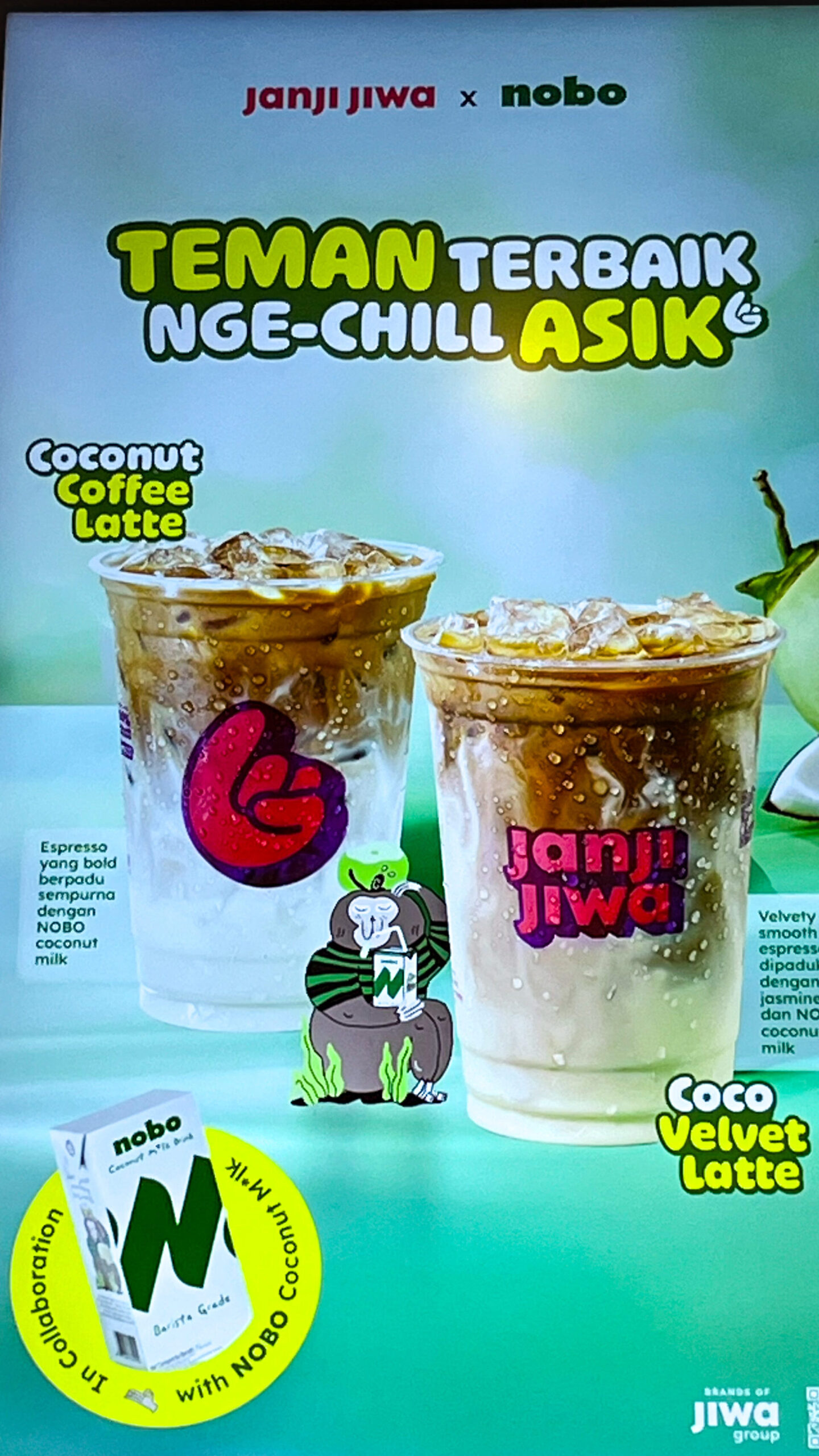
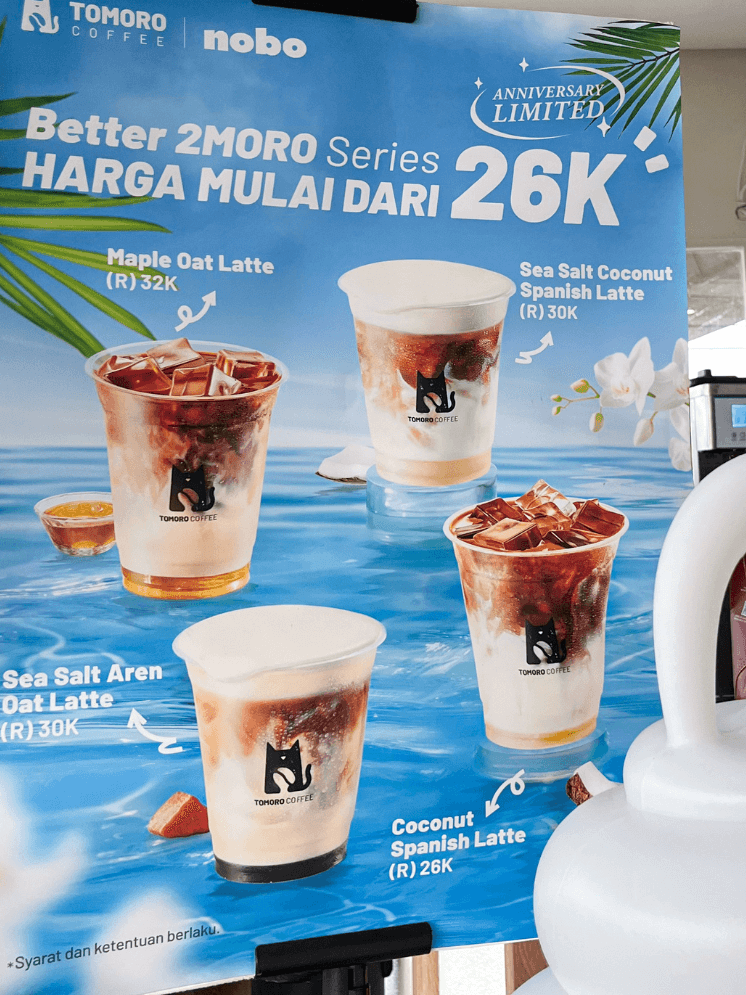

Locally, a unique tropical use of coconut milk in Indonesian cuisine has made it a familiar base for vegan coffee options in cafes. There’s also potential for other native ingredients like cashew milk or even tempeh-based milk, which could cater to both the vegan crowd and those looking to support local agriculture. With these exciting opportunities happening, why not grab a cup and join the plant-based revolution?
What's Your Reaction?
Meriel is just your normal Indo girl trying to navigate her early twenties. When she’s not busy with her 9-5, you’ll find her sleeping, watching a film or prepping herself for when a creative idea decides to stick around for the long run.

















